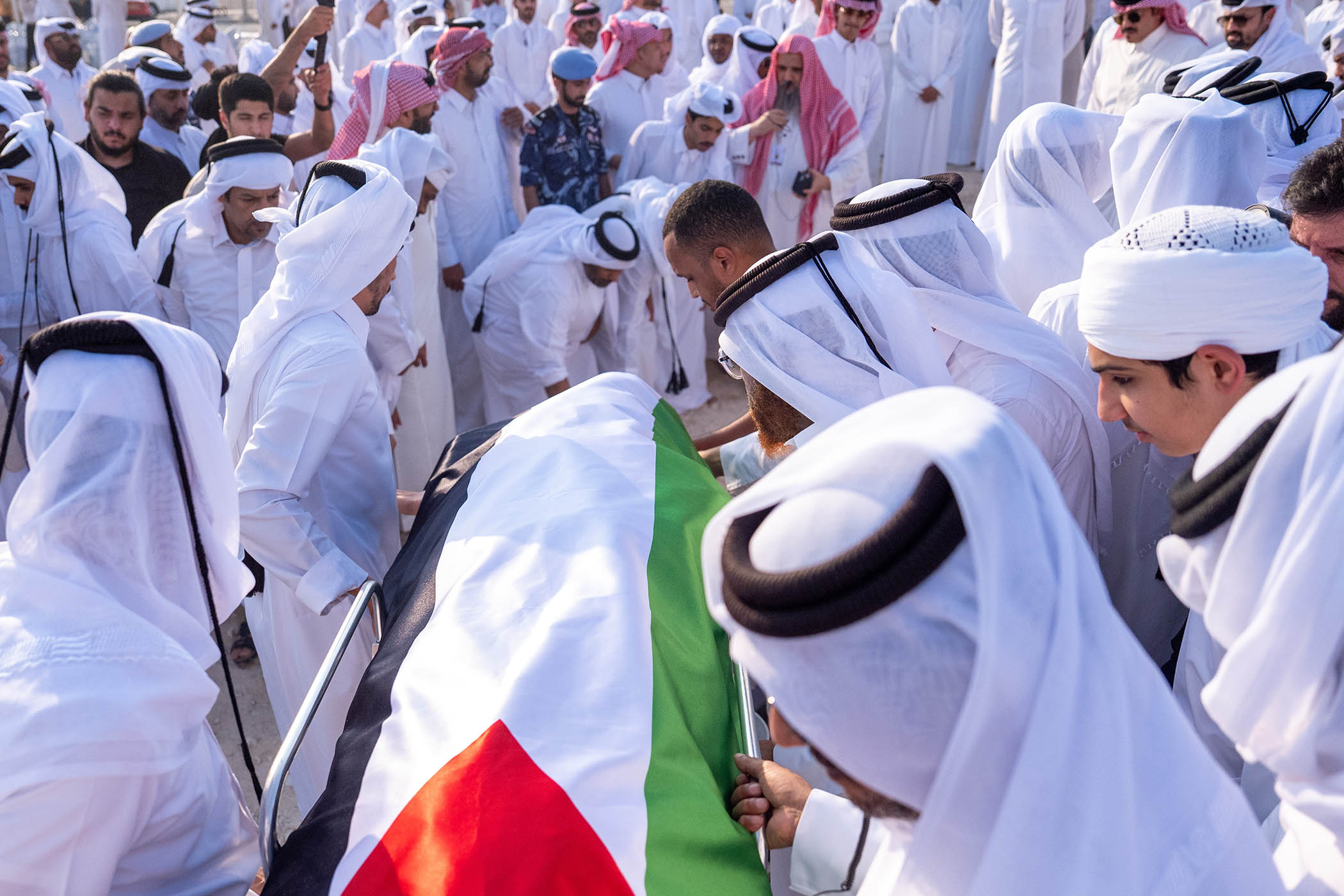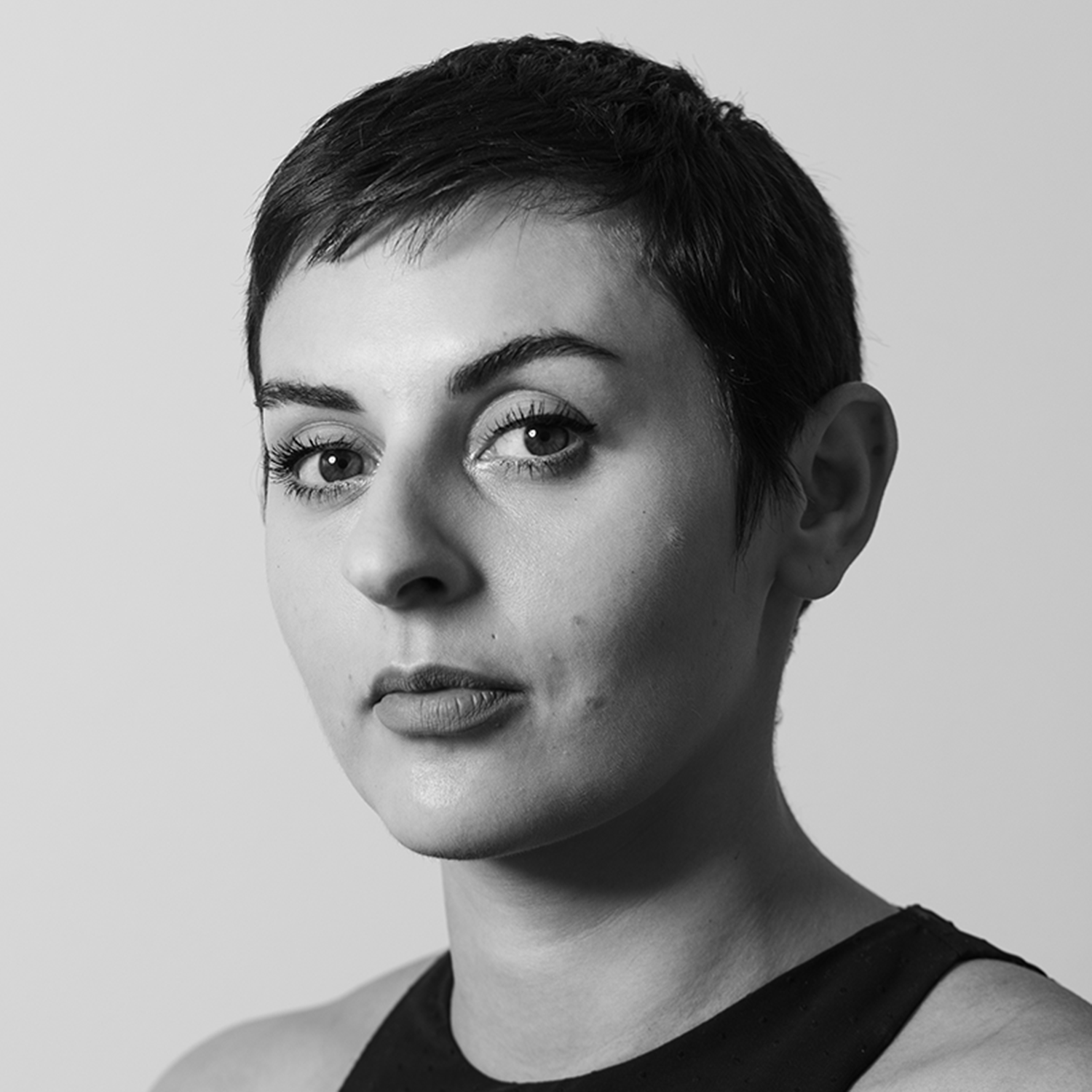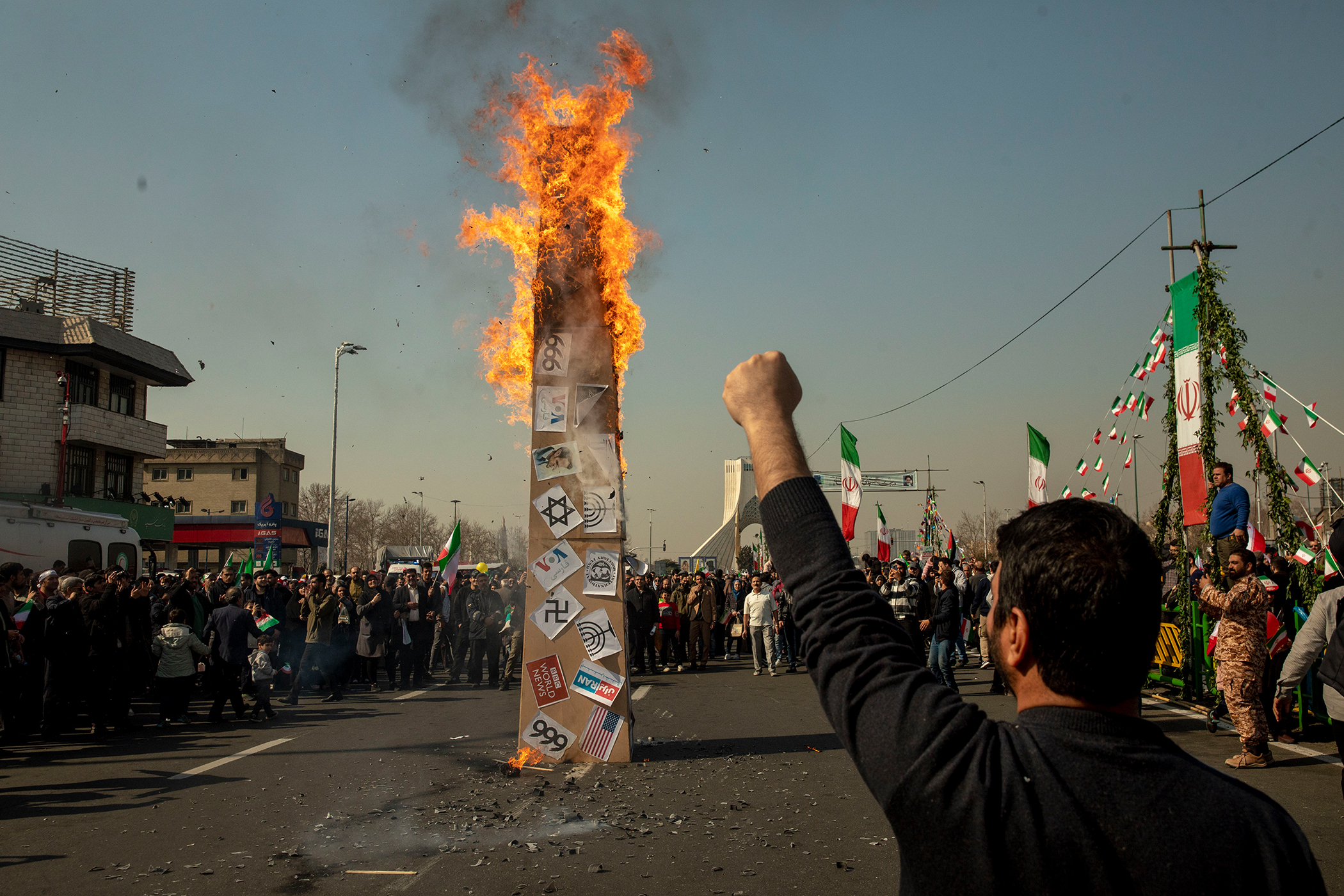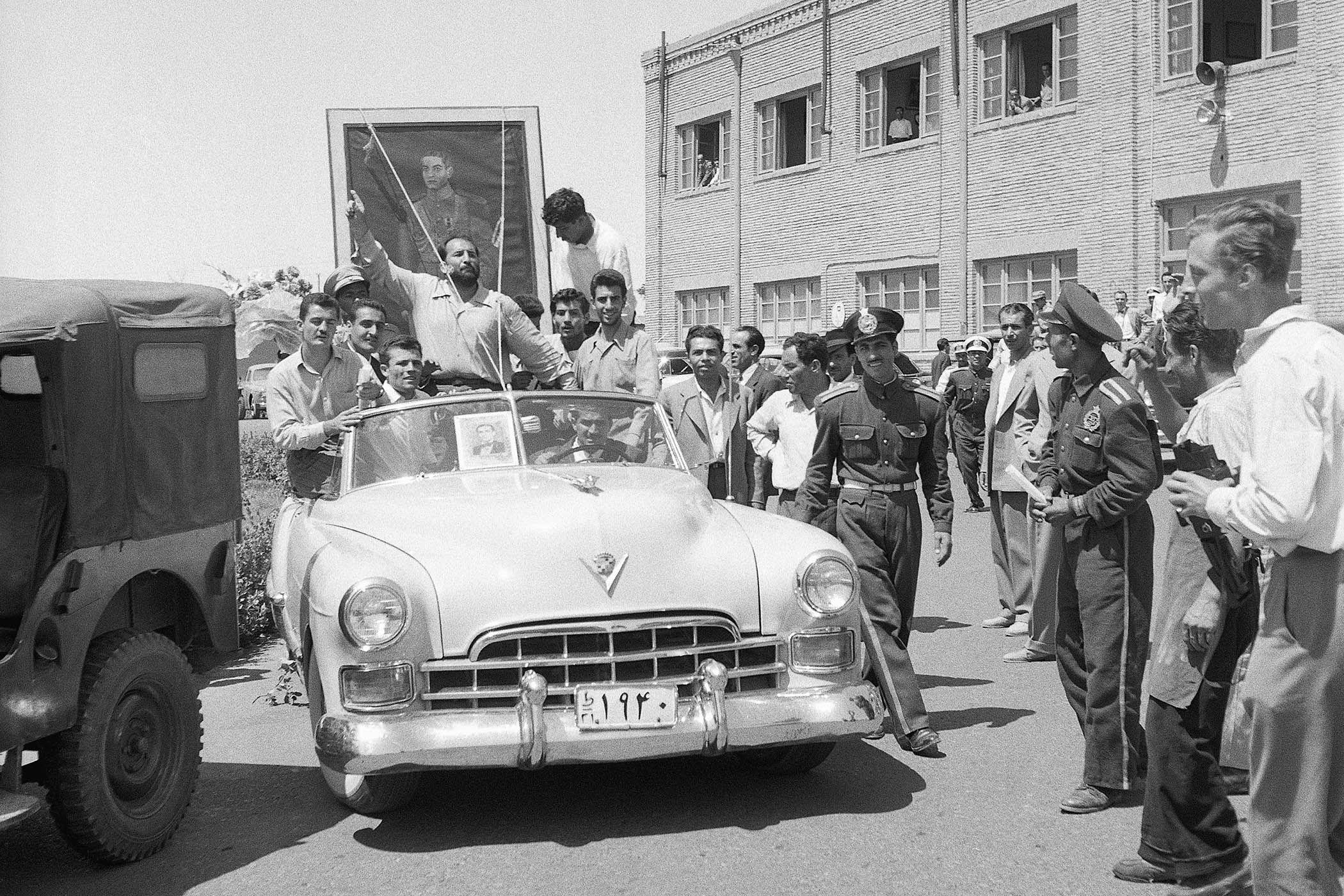The tiny Gulf state of Qatar has crafted its place in the world on a simple formula: diplomacy and statecraft around the world but always peace at home. The site of the largest American airbase in the Middle East and buoyed by its wealth from natural gas, the glassy skyscrapers of the tiny peninsula host international visitors flying in for conferences while three years ago its stadiums welcomed over a million people for the World Cup.
The sense of security underpinning all of this was punctured in moments when a barrage of Israeli missiles struck a residential area on the outskirts of the capital Doha last week. Plumes of acrid smoke billowed into the air over schools, homes and nearby embassies. The attack killed five members of Hamas meeting to discuss a ceasefire proposal in Gaza, as well as a Qatari guard.
Broadcaster Al Jazeera – one of Doha's primary exports – turned the cameras on its hometown to capture the rare moment where domestic events were international news. “This was a place known for its safety, security, and peace,” the announcer said, over footage of six coffins draped in Palestinian and Qatari flags entering the national mosque for a funeral. Qatari Emir Sheikh Tamim bin Hamad Al Thani was in attendance.
“A busy residential neighbourhood in Doha struck in the middle of the afternoon while people were out and about– it really brought home the sense that nowhere is off limits or safe,” said Kristian Ulrichsen, of Rice University’s Baker Institute for Public Policy. He pointed to the alarm that Qatar’s residents felt in June when Iranian missiles targeted America’s Al Udeid airbase near Doha, missiles and counter-fire lighting up the night sky over the city.
The Israeli airstrikes on Doha marked a turning point. Qatari prime minister Sheikh Mohammed bin Abdulrahman bin Jassim Al-Thani labelled the attack “state terrorism” in an interview with CNN.
Doha’s fundamental premise until now has been that “if everyone needs us, no one will attack us,” said Andreas Krieg, a senior security studies lecturer at Kings College London. “Being the Switzerland of the Middle East is part of their branding.”
Krieg pointed to Qatar’s centuries-old role as a place of sanctuary for outlaws and dissidents, which more recently has also included the Taliban and the Muslim Brotherhood. Since their 2012 exit from Damascus this has also included the Hamas politburo – at Washington's request. Doha became the way to reach any group, no matter how maligned.
“Qataris always had the ability to reach out to any actor and engage them, including Hamas or the Taliban, as they knew domestically that the home front is always safe”
“Qataris always had the ability to reach out to any actor and engage them, including Hamas or the Taliban, as they knew domestically that the home front is always safe”
Andreas Krieg, senior lecturer in Security Studies at Kings College London
“Qataris always had the ability to reach out to any actor and engage them, including Hamas or the Taliban, as they knew domestically that the home front is always safe,” said Krieg. Unlike Riyadh or Abu Dhabi, Doha was never concerned that their visitors might stir up trouble at home. Instead Qatar became the world’s mediator, their diplomats quietly listing successes in Sudan, Ukraine, and even between Washington and Venezuela.
Related articles:
Qatar’s Emir is “obsessed with dialogue and mediation,” said Krieg. This is supposed to provide a low-risk form of statecraft through which the tiny peninsula nation can achieve world influence and security at home. But within a few months, Doha has come under attack from both Iran and Israel, two countries with whom it was mediating.
“Mediation is part of [Qatar’s] identity, and nothing will prevent us from continuing to play this role in all issues concerning us in the region,” prime minister Sheikh Mohammed bin Abdulrahman Al Thani told the press earlier this week.
Newsletters
Choose the newsletters you want to receive
View more
For information about how The Observer protects your data, read our Privacy Policy
Israel’s attacks have forced Doha to look for other ways to bolster its security – including support beyond Washington. Donald Trump’s tour earlier this year brought in trillions of dollars of Gulf investment in America, including $243.5 billion in deals from Qatar feted by the White House. But Qatar’s ties to Washington run far deeper than its neighbours, and Doha also agreed to gift Trump a $400m luxury jet.
While Doha managed to turn the Iranian attack into an opportunity for diplomacy, Israel’s attack calls for something new. Qatar has initially turned to others in the Gulf to muster a collective response, bolstering support from former regional rivals who launched a blockade of the tiny peninsula in 2017. Doha is now drawing in leaders and diplomats to confer, and reportedly pressuring Abu Dhabi to withdraw its ambassador to Tel Aviv.
“This was a significant hit to Qatar and to all of the Gulf honestly. Because firstly this is not a conflict zone in general, but also this is not daily life. They are perceived and see themselves as a stable island in the Middle East that is anything but,” said Yasmine Farouk of the International Crisis Group.
The Gulf may now start to look elsewhere to ensure its security, she said. “None of the Gulf countries want to jeopardise relations with the US, but there is a significant trust issue now.”
Photograph by Amiri Diwan of the State of Qatar/Anadolu via Getty Images



